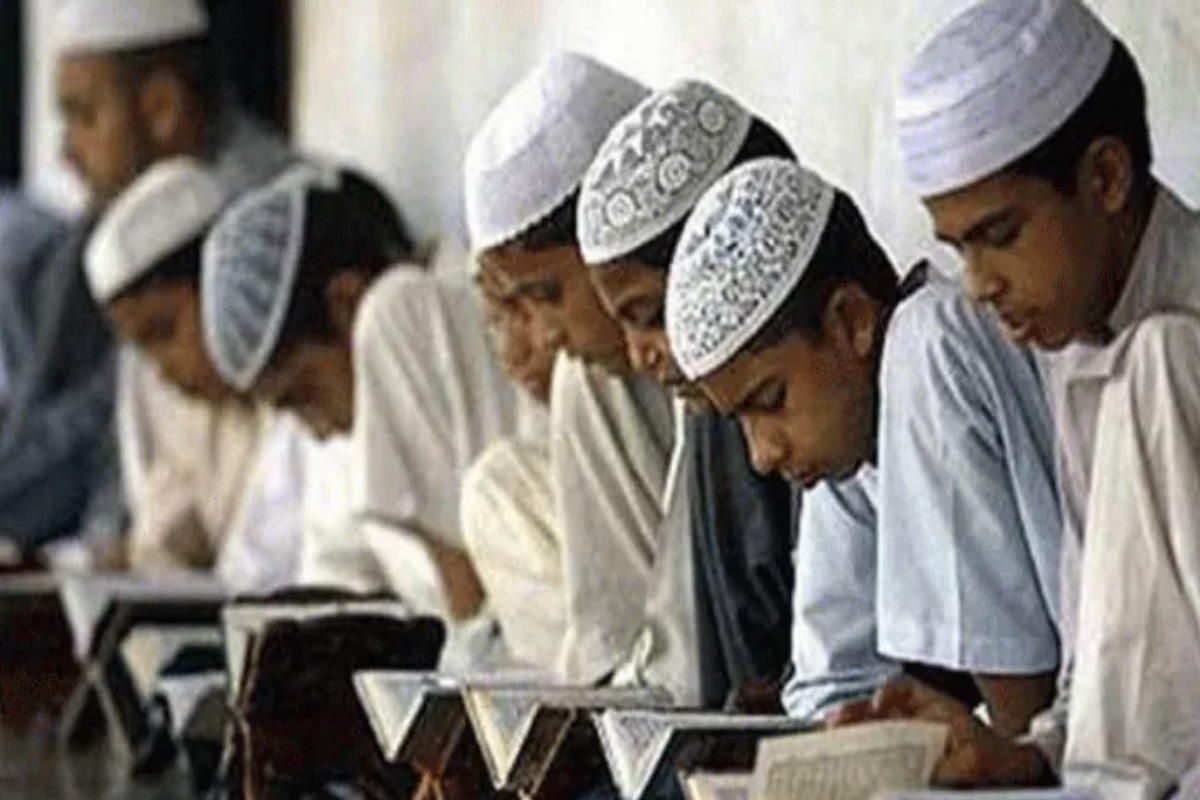The govt highlighted that at the UG and PG levels, the degrees granted by the UP Madrasa Board, such as qamil and fazil, do not have equivalency with any mainstream educational degrees recognized by the state/central govt.
The Uttar Pradesh government told the Supreme Court that the madrassa education system, which emphasizes religious studies, is not aligned with mainstream education. It argued that the students studying in the theological establishments could be employed only in jobs requiring class 10 or 12 pass qualifications, reported TOI. This stance was presented in response to appeals by madrassas and their teachers against an Allahabad High Court ruling that quashed the Madrasa Education Act, 2004. The High Court had deemed the Act violative of fundamental rights and the principle of secularism, but the Supreme Court has stayed this judgment for the time being.
In its affidavit, the UP government expressed concerns that the current madrassa curriculum restricts students’ future employment opportunities. According to the state, while mainstream subjects are taught in madrassas up to class 8 following the State Council of Educational Research and Training (SCERT) syllabus, these subjects become optional from class 9 onwards. Students are required to choose only one mainstream subject—options include mathematics, home science (only for girls), logic and philosophy, social science, science, and Tib (traditional medical science).
” In class 9 and 10, mainstream subjects are not compulsory… students have to choose only one subject from mathematics, home science (only for girls), logic and philosophy, social science, science and Tib (traditional medical science),” the affidavit said as per TOI.
The government also highlighted that at the undergraduate (UG) and postgraduate (PG) levels, the degrees granted by the UP Madrasa Board, such as qamil and fazil, do not have equivalency with any mainstream educational degrees recognized by the state or central government. “for employment at the level of state or Centre”, it said. “Thus, employment of madrassa educated students can only be for jobs that have high school/intermediate qualification requirements.”
The government stated that these courses are not considered equivalent to any university established by the Government of UP/India, nor can education in these courses be considered as a substitute for an undergraduate/postgraduate degree of any university for employment in the State. or recognized at Central Government level. In such a situation, madrasa educated students can get employment only for those jobs which require high school/intermediate qualification.

